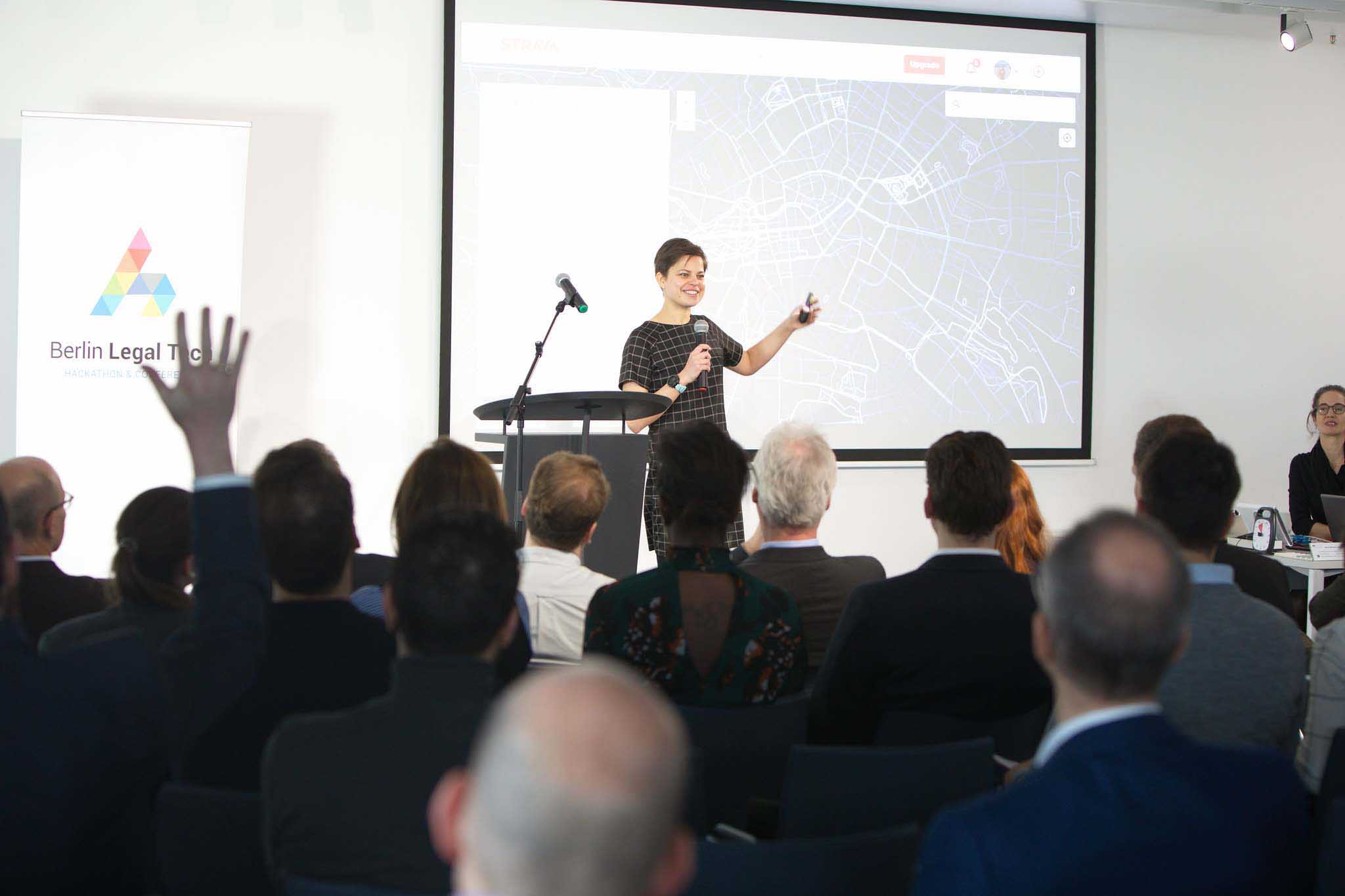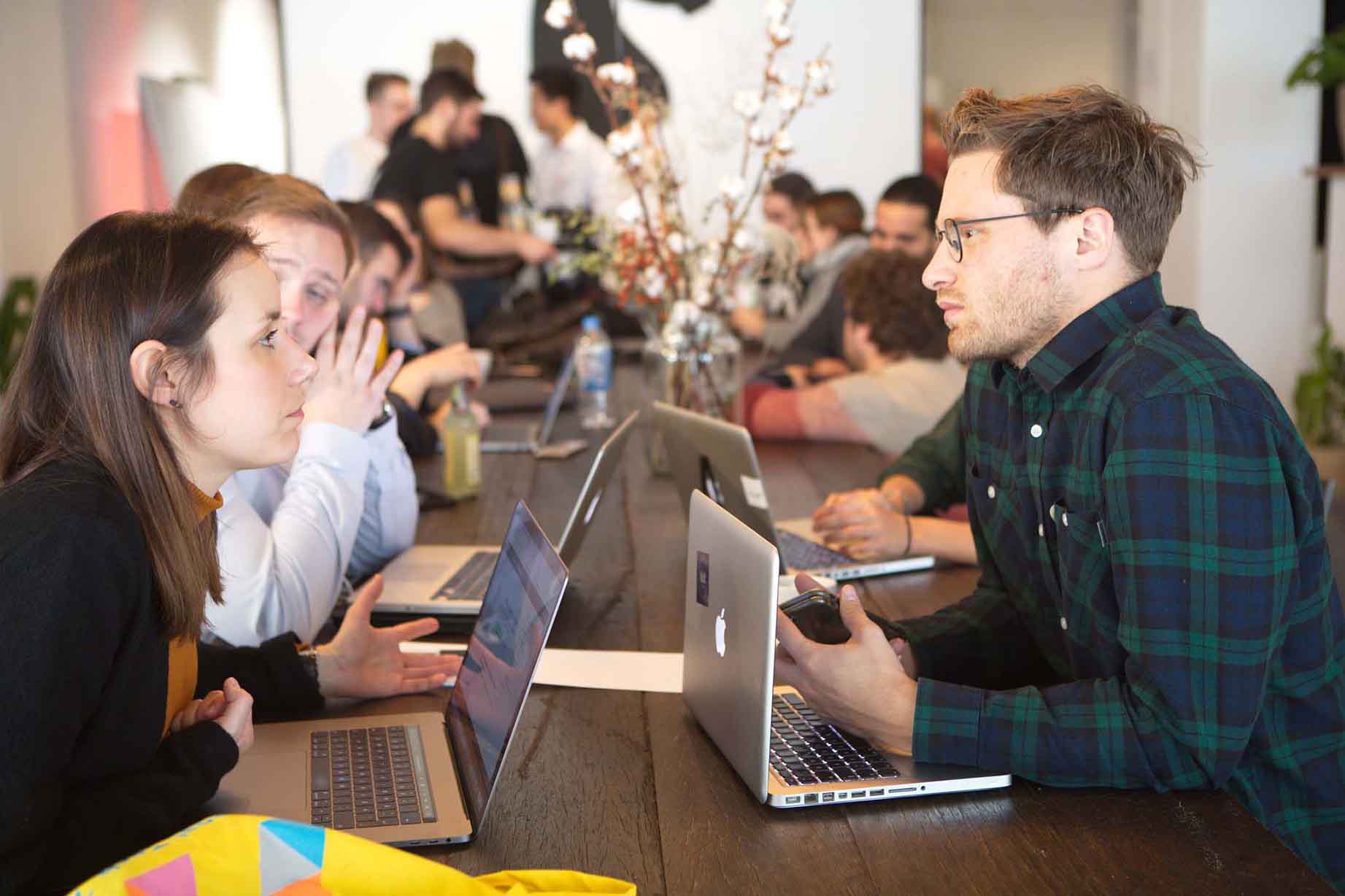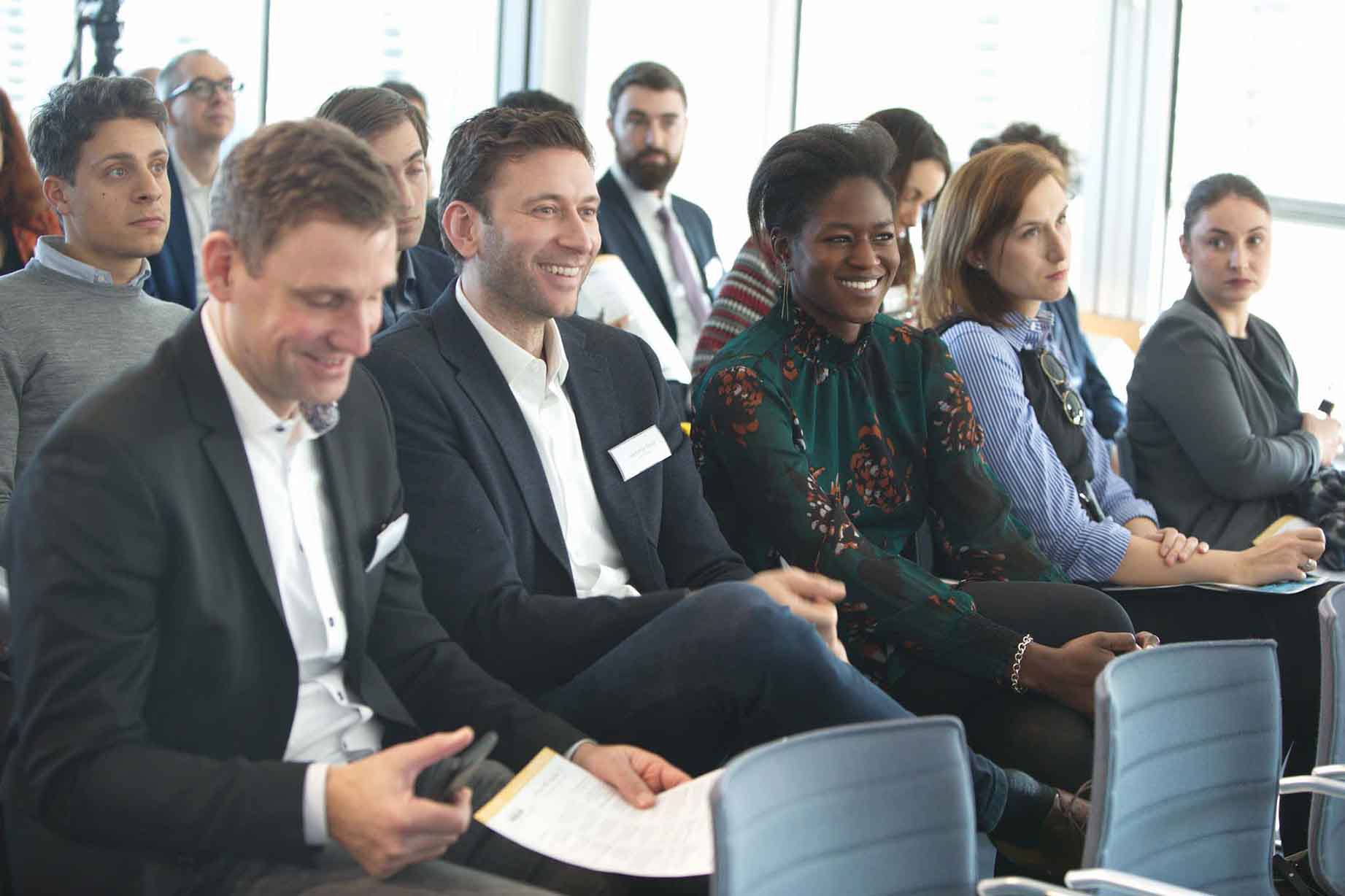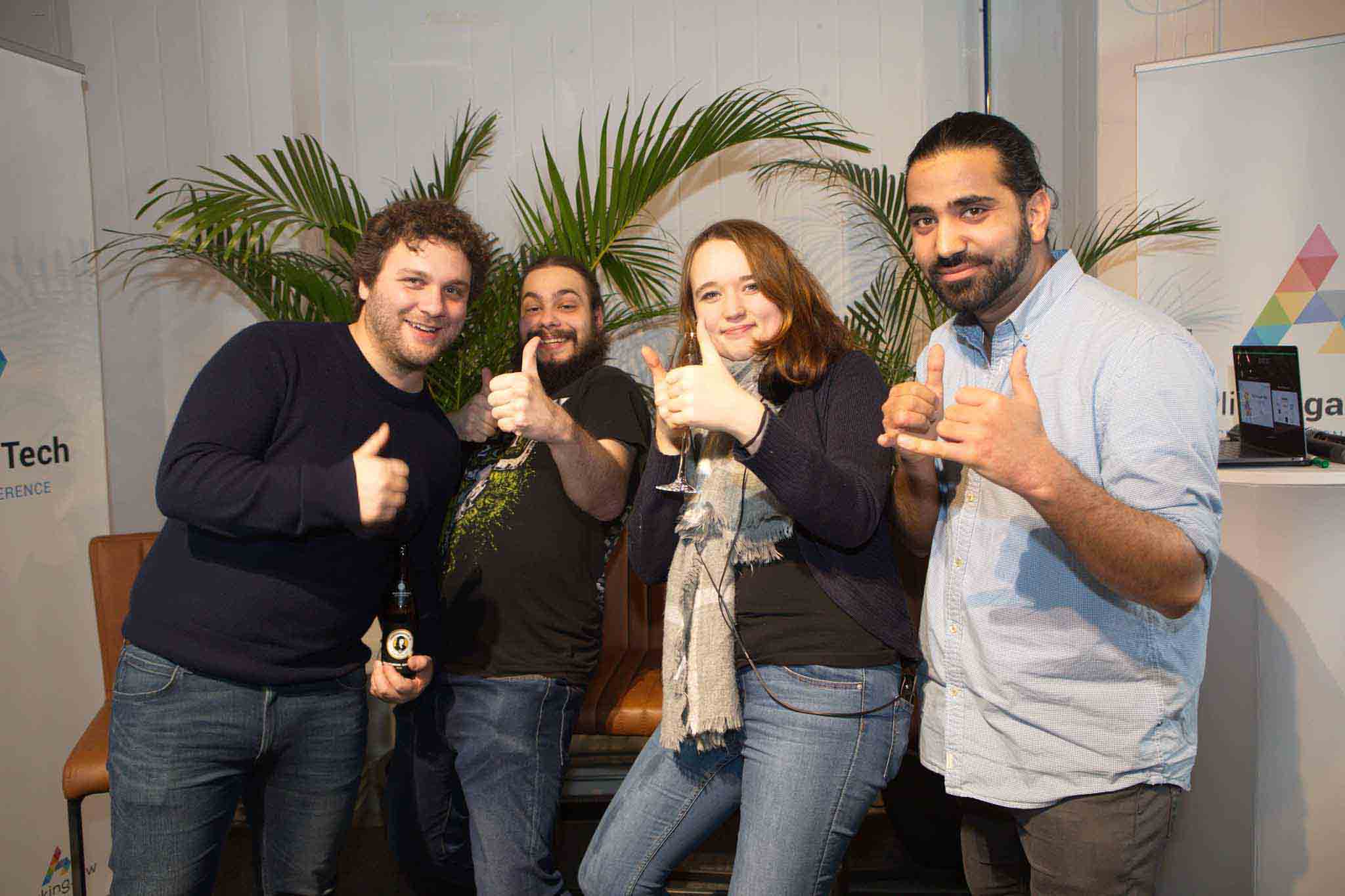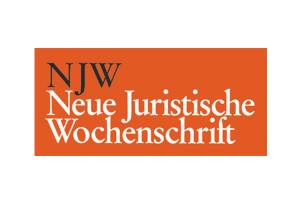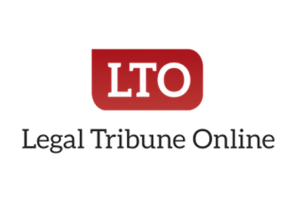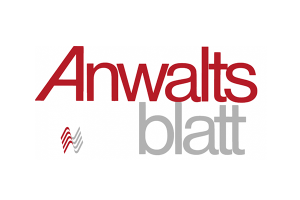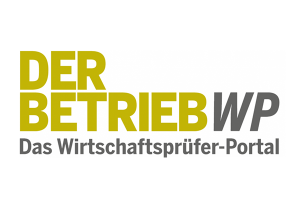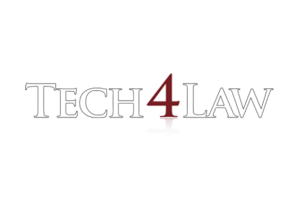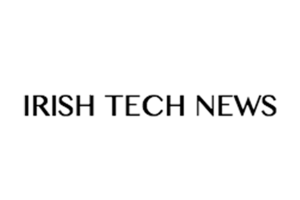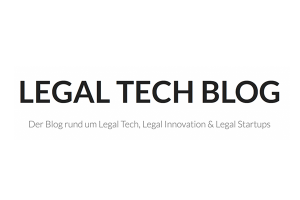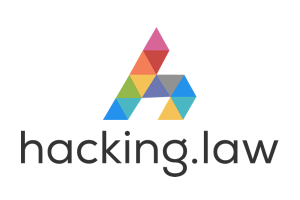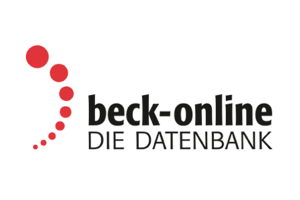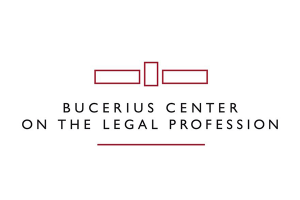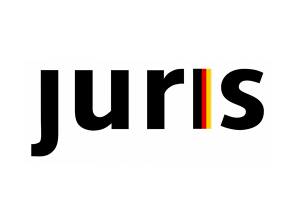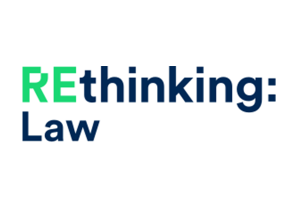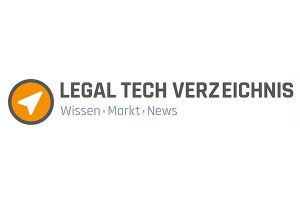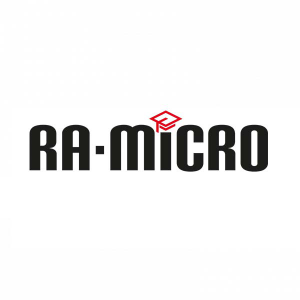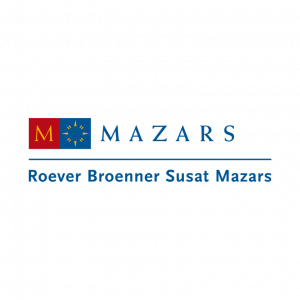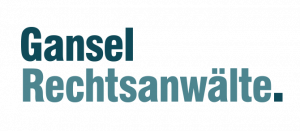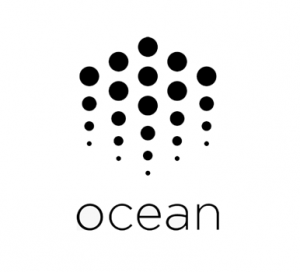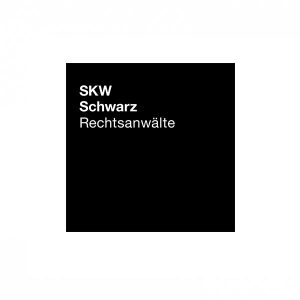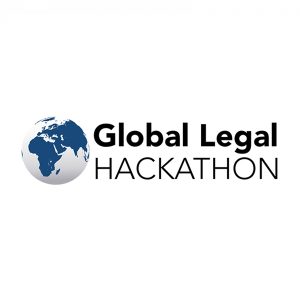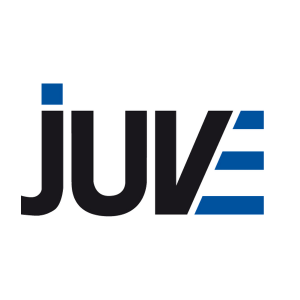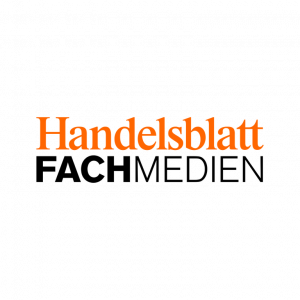The Legal Tech Event of 2020
The Blockchain Capital Berlin becomes an international Legal Tech Hub.
We connect national & international pioneers and thought leaders in all areas of Legal Tech.
On February 26th – 28th 2020 the Berlin Legal Tech takes place for the fourth time. Under the leadership of Legal Tech Pioneer Prof. Dr. Stephan Breidenbach and the „Blockchain Lawyer“ Florian Glatz, a selection of legal tech thought leaders and innovators from the German, European and international Legal Tech Community come together to shape the legal services industry of tomorrow.
A two-day international Legal Tech Hackathon (February 26th-27th) brings together Lawyers with Software Developers, User Experience Designers und Digital Innovators. In an open, collaborative form ideas will be developed and prototyped over a duration of 36 hours.
A dedicated day for hands-on Workshops (February 27th) connects our conference participants with industry-leading experts on subject matters such as decision automation, blockchain and smart contracts and other relevant topics for today’s digital lawyers and legal departments.
A full-day conference on February 28th gives room for discussions and new insights. Captivating talks by pioneering members of the Legal Tech Community, stimulating discussions with like-minded colleagues and valuable networking opportunities make the Berlin Legal Tech a „Must Go“ event in 2020. The conference talks and workshops will be in German.
Get Your Ticket Now
We don’t have student tickets this year. All students and trainees are cordially invited to attend the Summer School Legal Tech in September.
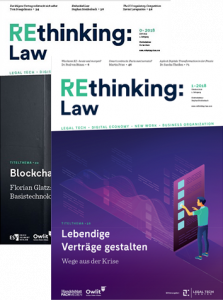
Rethinking Law
The magazine for the conference
The classic legal profession and all legal advice are facing a digital revolution. This calls for new skills and technical understanding of digital business processes and new tools. With Rethinking Law you are always one step ahead and get to know innovative business models and smart technologies for legal advice.
Here you will find the decisive know-how on the topics Legal Tech, Digital Economy, New Work and Business Organization.
Magazine language mostly in German.
Our Speakers
Our 2020 speakers are comprised of thought leaders and innovators from all areas of the Legal Tech Community.
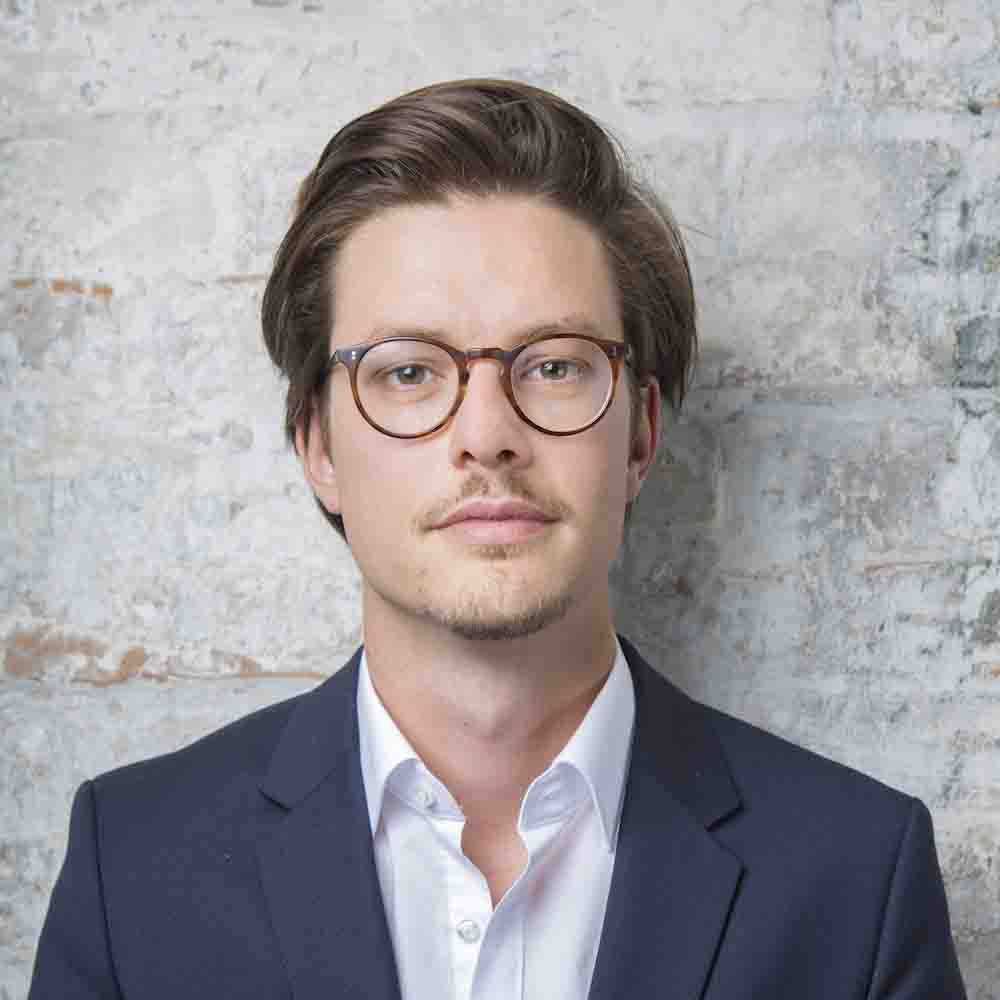
Florian Glatz
Blockchain Lawyer, Head of the Legal Tech CenterFlorian Glatz works as a lawyer, software developer and entrepreneur in the area of Blockchain. He is co-founder of the Legal Tech Center and president of the Blockchain Bundesverband. As a lawyer, he advises Blockchain start-ups on all aspects of Initial Coin Offering. As a developer he focuses on innovative applications of the Blockchain in law and finance.
Florian Glatz
Blockchain Lawyer, Head of the Legal Tech Center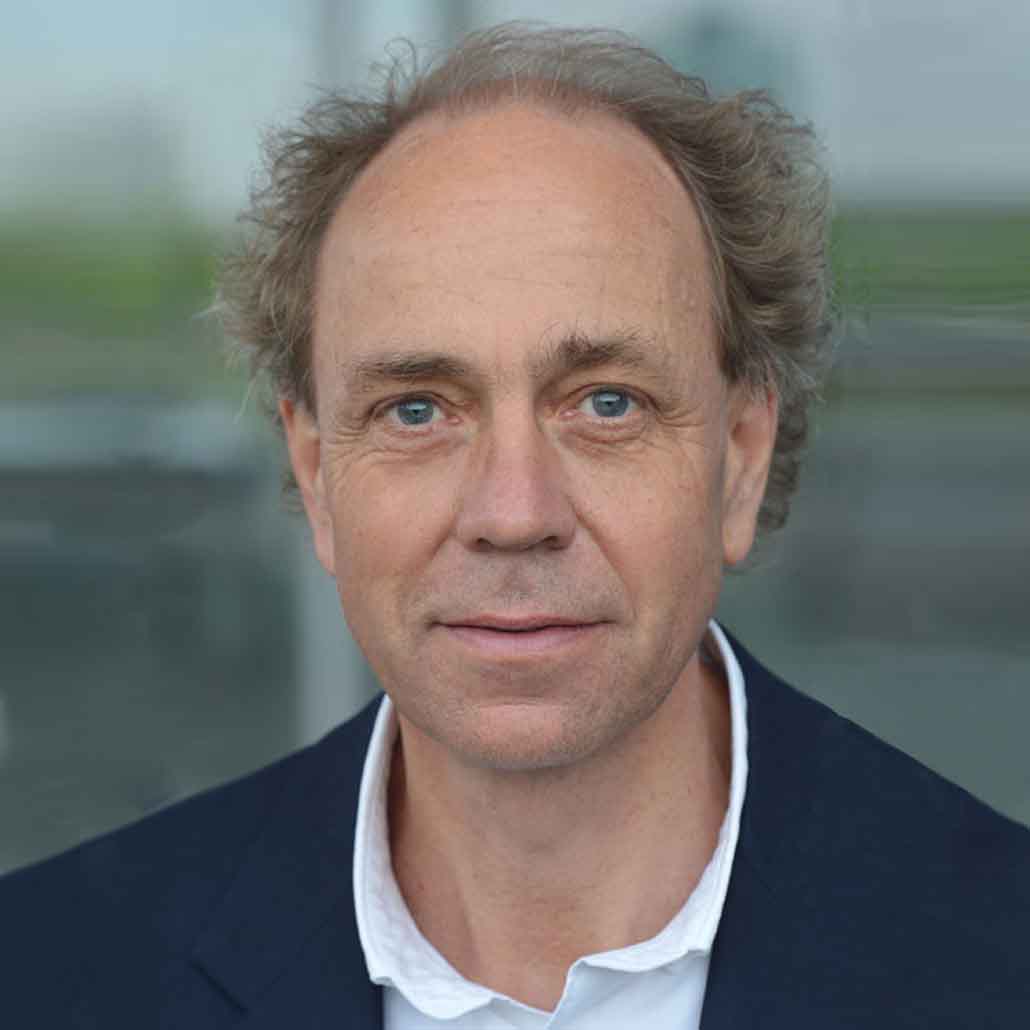
Stephan Breidenbach
Co-founder of the Legal Tech Center Viadrina, Professor of Civil LawProf. Dr. Stephan Breidenbach is a visionary and pioneer of the legal tech movement. He works as a university lecturer, mediator and entrepreneur. He holds the Chair of Civil Law, Civil Procedure Law and International Business Law at the European University Viadrina Frankfurt (Oder), is Professor of Business Mediation at the University of Vienna and co-founder and head of the Legal Tech Center.
Stephan Breidenbach
Co-founder of the Legal Tech Center Viadrina, Professor of Civil Law
Andrea Thilo
ModeratorAndrea Thilo is a journalist, presenter and trainer. In addition to her communication studies at the UdK Berlin, she worked as assistant director for radio features; she was a trainee at NDR, where she worked as an editor and moderated ``liebe sünde`` on Pro7. Since 1995 she has worked as a freelance journalist, from 1999-2010 as a documentary film producer with her own company Boomtownmedia. In 2005 she and her partners grube & dierks received the German Film Award for the production of the successful movie ``Rhythm is it! Her presentation focuses on cultural mediation and digital transformation, diversity and sustainability.
Andrea Thilo
Moderator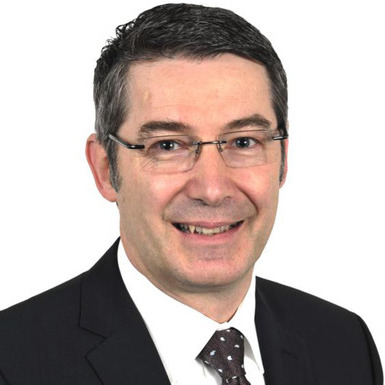
Uwe Richter
CEO at STPUwe is CEO at STP Informationstechnologie AG
Uwe Richter
CEO at STP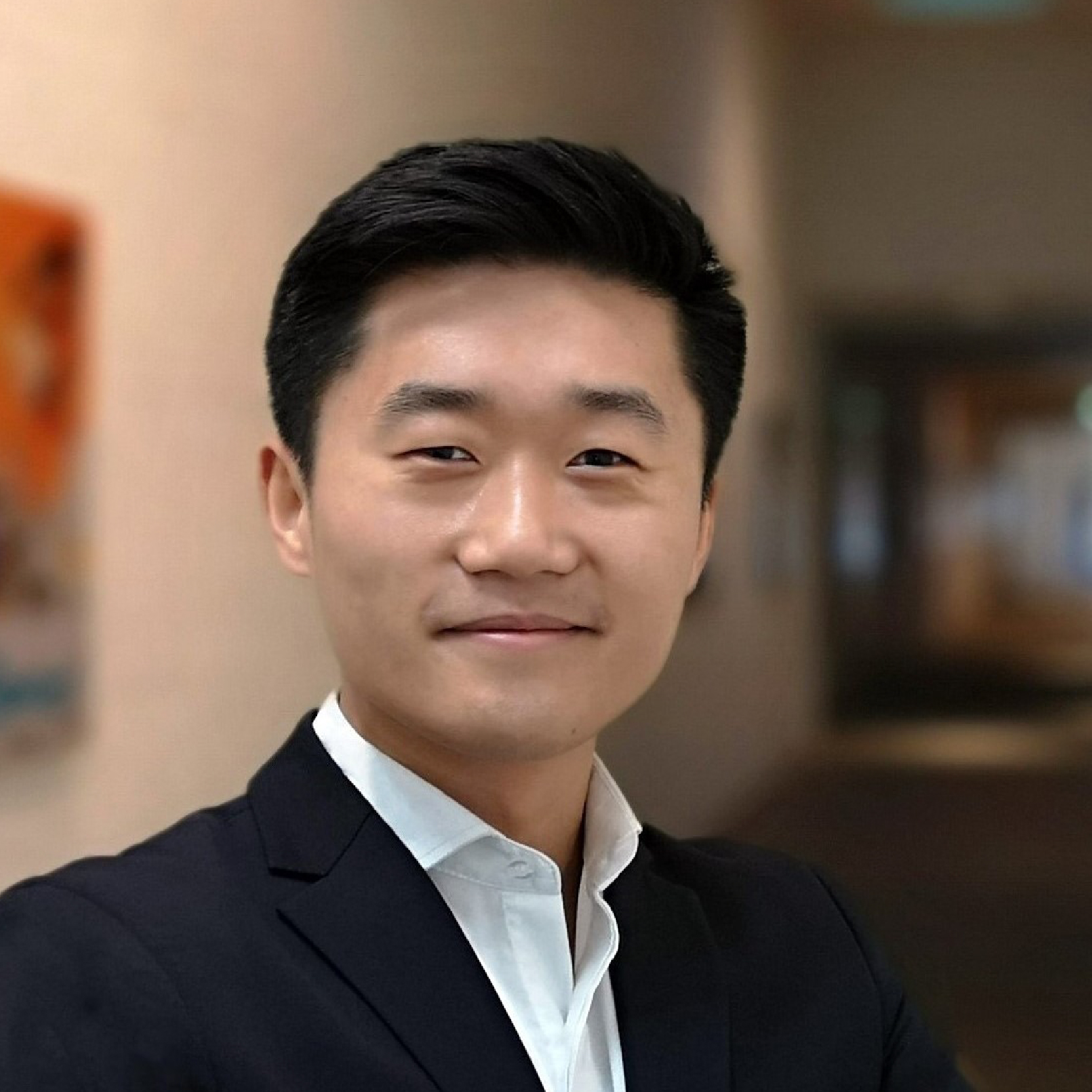
Tianyu Yuan
Co-founder and CEO of CodefyTianyu Yuan is a lawyer and roboticist. As a lawyer, he has worked for leading international business law firms in Europe and Asia. He is an expert in legal tech and, in addition to Codefy, he is a co-founder of a legal tech start-up in the field of digital legal knowledge transfer and organization.
Tianyu Yuan
Co-founder and CEO of Codefy
Charlotte Kufus
Co-Founder Legal OSCharlotte Kufus is co-founder and managing director of Legal OS.
Charlotte Kufus
Co-Founder Legal OSTina Egolf
Product Strategy ConsultantTina Egolf is freelance Product Strategy Consultant
Tina Egolf
Product Strategy Consultant
Janina Erichsen
Associate at BMH BRÄUTIGAM & PARTNERJanina Erichsen is an associate at BMH BRÄUTIGAM & PARTNER
Janina Erichsen
Associate at BMH BRÄUTIGAM & PARTNER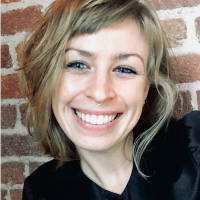
Beth McCarthy
Ecosystem Development at Ocean ProtocolBeth McCarthy works with Ecosystem Development at the Ocean Protocol Foundation
Beth McCarthy
Ecosystem Development at Ocean Protocol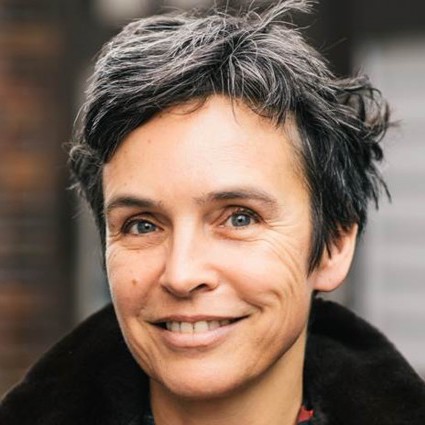
Joana Breidenbach
Founder and Author, betterplace.orgJoana is the founder of betterplace.org and author of the book of the same name
Joana Breidenbach
Founder and Author, betterplace.org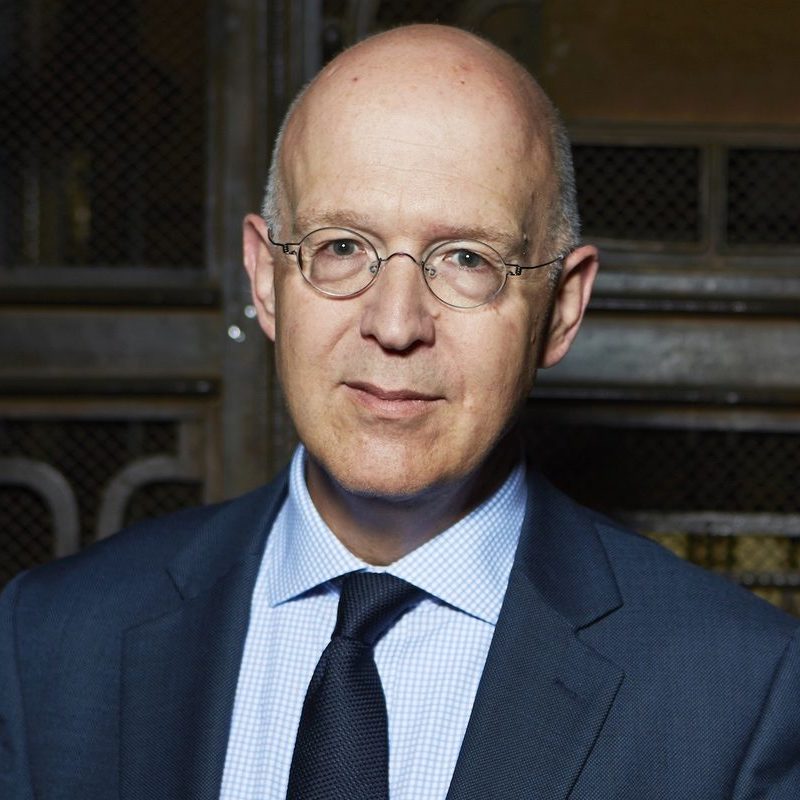
Markus Hartung
Lawyer and Managing Partner at ChevalierMarkus Hartung is a lawyer and Managing Partner at Chevalier
Markus Hartung
Lawyer and Managing Partner at Chevalier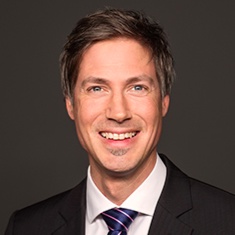
Alexander Steinbrecher
Head of Group Legal Affairs BOMBARDIER TRANSPORTATIONDr. Alexander Steinbrecher is a lawyer and Head of Group Corporate, Mergers & Acquisitions and Legal Affairs at Bombardier Transportation in Berlin. According to The Legal 500, he is one of the most influential and innovative corporate lawyers in Germany. He is involved with Legal Tech for one simple reason: Legal Tech can help legal departments to focus on what is essential, namely creating measurable added value for the company.
Alexander Steinbrecher
Head of Group Legal Affairs BOMBARDIER TRANSPORTATION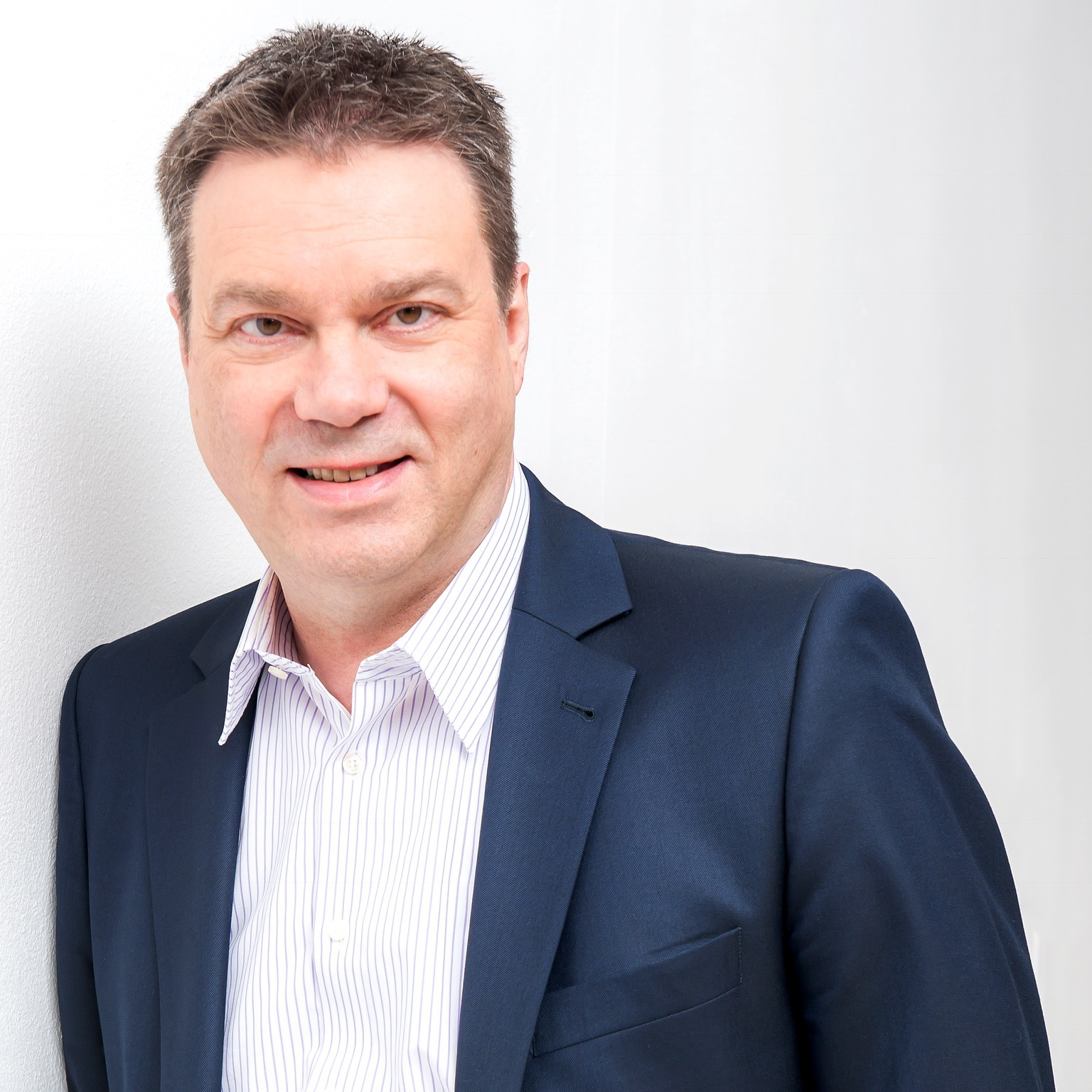
Matthias Kammer
Managing director of govdigitalMatthias Kammer, former Senate Director, was Chairman of the Board of Directors of Dataport and Director of the German Institute for Trust and Security on the Internet (DIVSI). Now he is managing director of govdigital eG
Matthias Kammer
Managing director of govdigital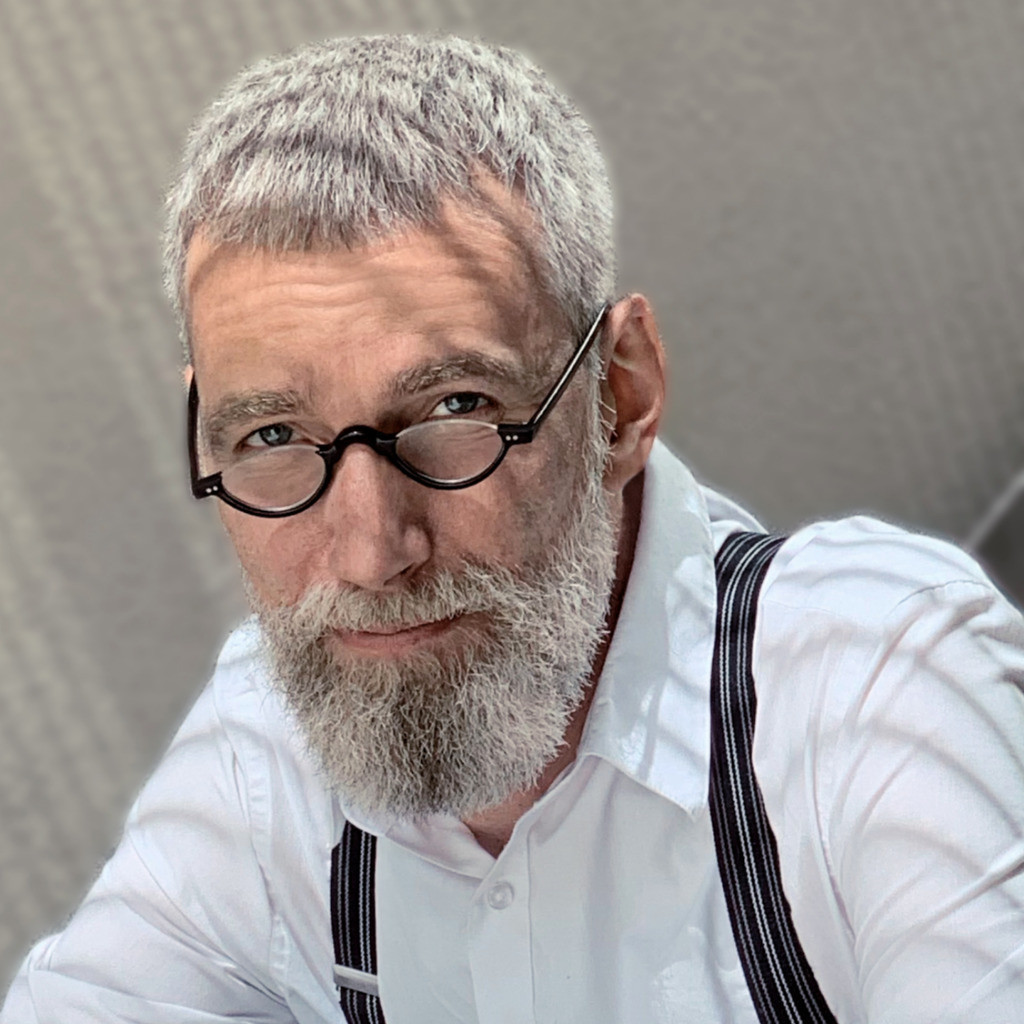
Thorsten Dittmar
Founder and CEO at PolypolyThorsten is founder and CEO at Polypoly
Thorsten Dittmar
Founder and CEO at Polypoly
Jan Lampe
Project Director, Gansel RechtsanwälteJan Lampe is the Project Director at Gansel Rechtsanwälte
Jan Lampe
Project Director, Gansel Rechtsanwälte
Ingrid Thoma
Business Development & Innovation at STPIngrid Thoma works with Business Development & Innovation at STP Informationstechnologie AG
Ingrid Thoma
Business Development & Innovation at STP
Alisha Andert
Head of Legal Innovation at ChevalierAlisha Andert is the Head of Legal Innovation at Chevalier
Alisha Andert
Head of Legal Innovation at Chevalier
Lina Krawietz
Managing Partner at This is Legal DesignLina Krawietz is a Managing Partner at This is Legal Design
Lina Krawietz
Managing Partner at This is Legal Design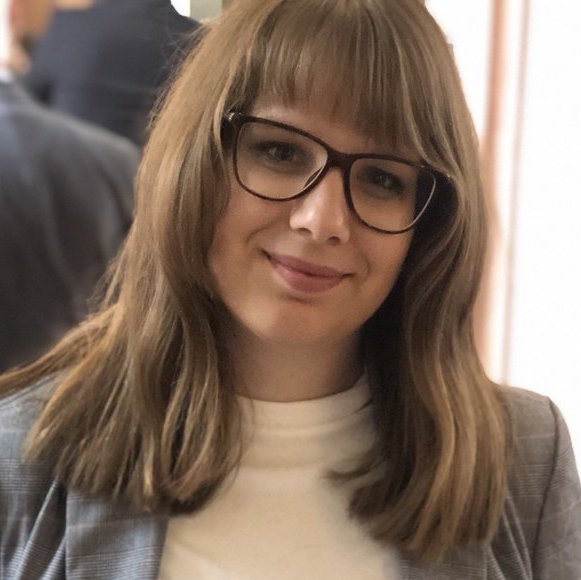
Daniella Domokos
Legal EngineerDaniella Domokos is a Legal Engineer and founder of allaboutlegaltech.de
Daniella Domokos
Legal Engineer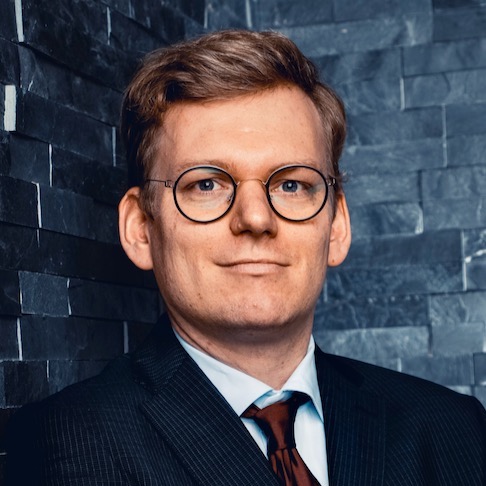
Matthias Prinz
Legal Engineer at prinz.lawMatthias Prinz is a Legal Engineer at prinz.law
Matthias Prinz
Legal Engineer at prinz.law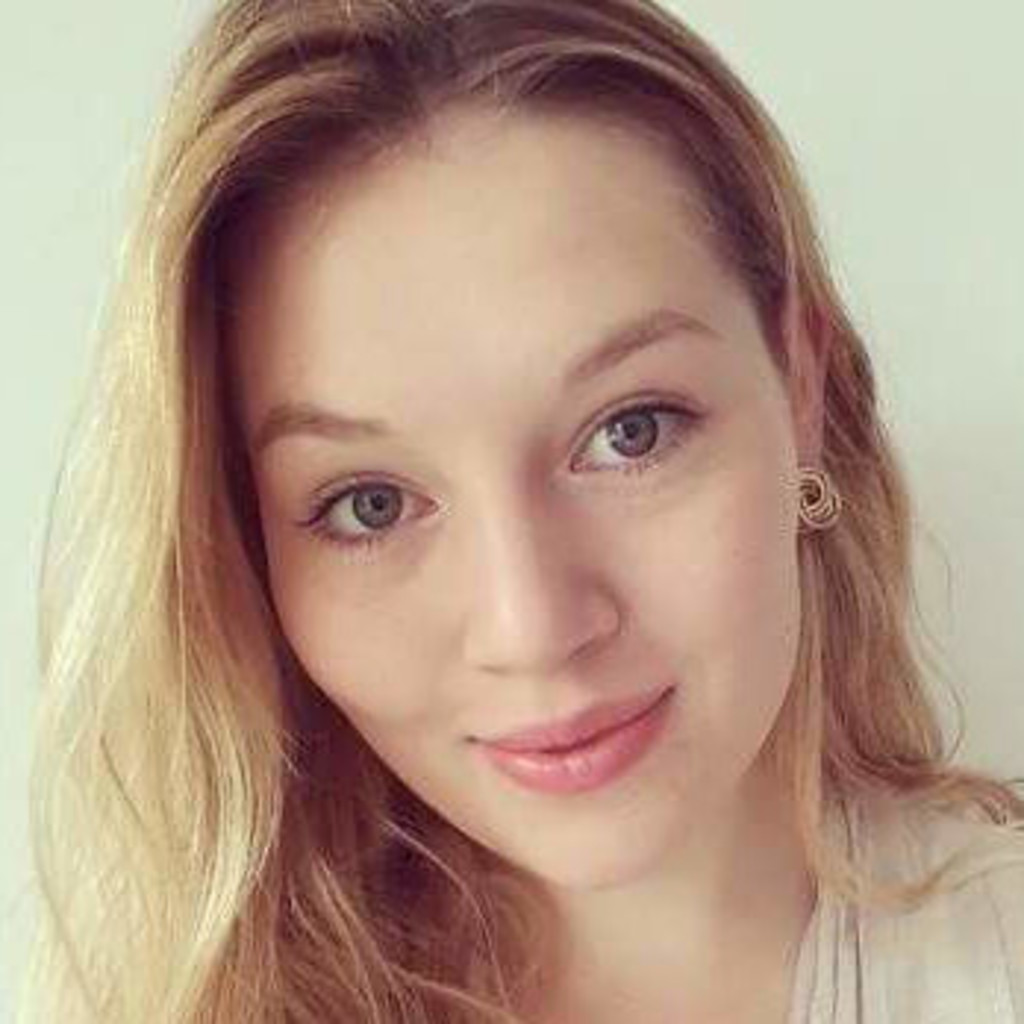
Jolanda Rose
Product Owner, GDR Legal IntelligenceJolanda Rose is a Legal Tech Blogger and Product Owner at GDR Legal Intelligence
Jolanda Rose
Product Owner, GDR Legal Intelligence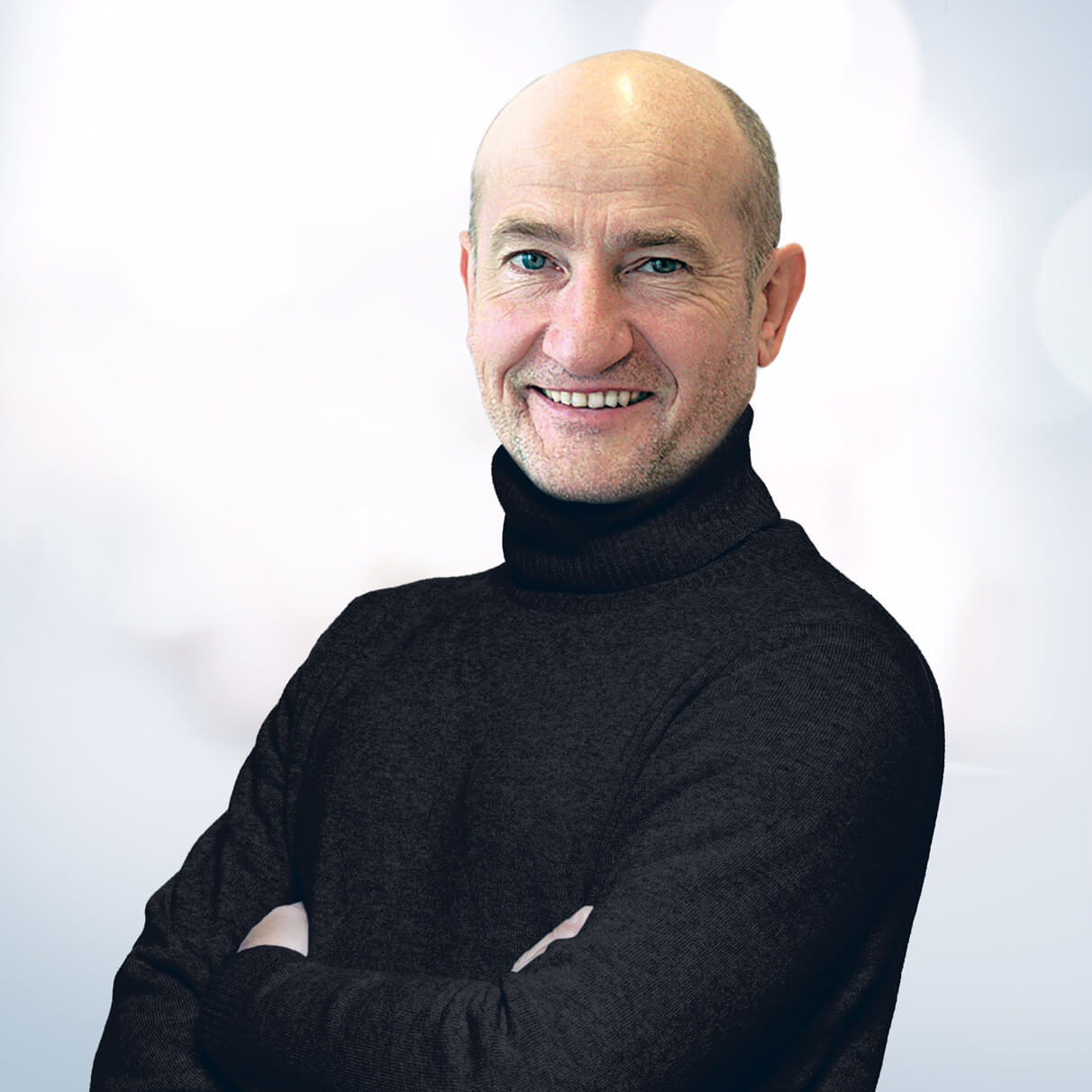
Dr. Peter Becker
Founder, RA-MICROLawyer Dr. Peter Becker is the founder of RA-MICRO Software AG
Dr. Peter Becker
Founder, RA-MICRO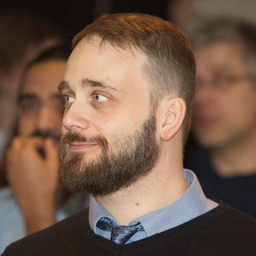
Stephan Hüper
Premier Field Engineer (Modern Apps) at MicrosoftStephan Hüper is the Premier Field Engineer (Modern Apps) at Microsoft
Stephan Hüper
Premier Field Engineer (Modern Apps) at Microsoft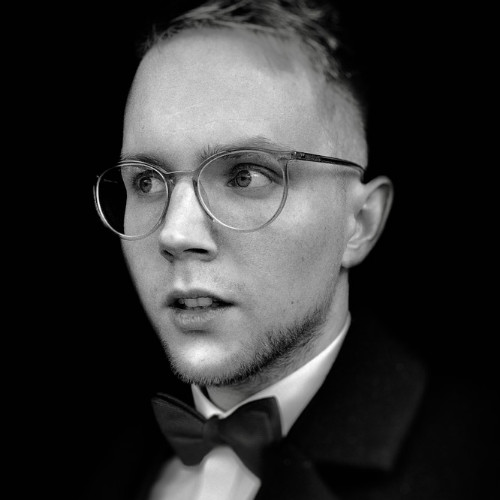
Jakub L. Szypulka
Co-Founder and COO of CodefyJakub L. Szypulka is a lawyer and has extensive practical experience as a full-stack software developer. In addition to various programming languages, he is proficient in 8 natural languages. Besides Codefy, he is also a technical co-founder of a legal tech start-up in the field of mass process automation.
Jakub L. Szypulka
Co-Founder and COO of Codefy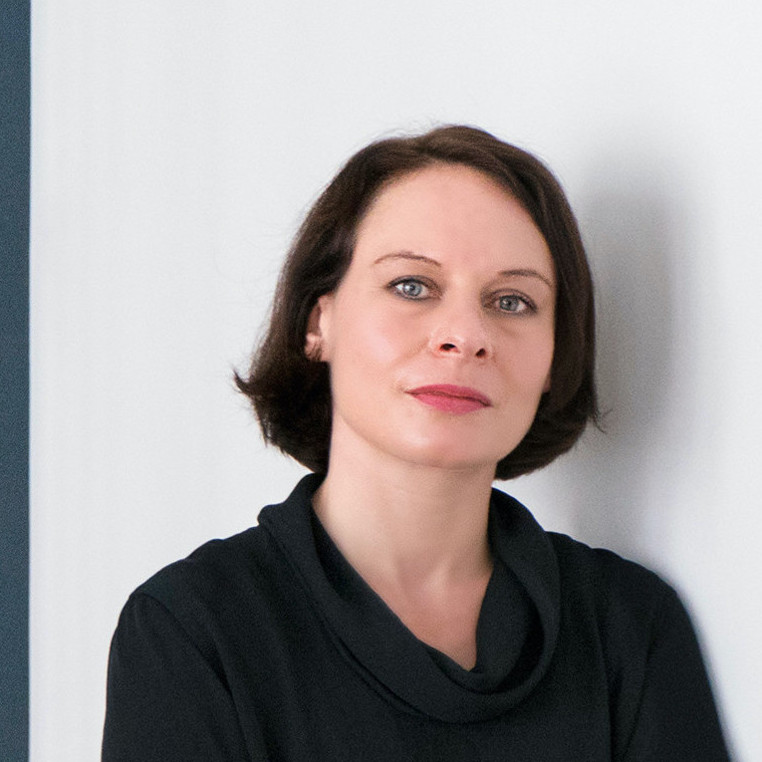
Heike Rehm
Partner at Unterschied & Macher GmbHHeike Rehm is a Partner und Mitgründer of Unterschied & Macher GmbH
Heike Rehm
Partner at Unterschied & Macher GmbH
Holly Roper
Digital Legal Counsel at BOMBARDIER TRANSPORTATIONHolly Roper is the Digital Legal Counsel at BOMBARDIER TRANSPORTATION
Holly Roper
Digital Legal Counsel at BOMBARDIER TRANSPORTATION
Clemens Koos
Investment Manager at signals Venture CapitalClemens Koos, Investment Manager at signals Venture Capital
Clemens Koos
Investment Manager at signals Venture CapitalConference topics in focus
Digital Law Firm
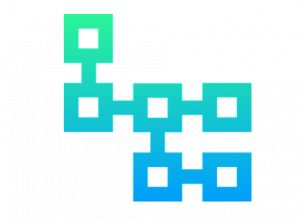
Legal questions become products and solutions. How is a digital product developed? What does the user of the product need? What does intelligent user guidance look like? How is a contract management system set up that exploits the digital possibilities? How can the contract contents be used to obtain the decisive information for the strategy? Product development and automation require processes. How is a digital production line for legal content designed?
Quality Assurance
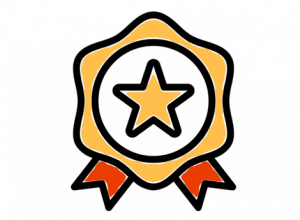
Considerable irritation was caused by the decision of a German court in 2019, which dismissed an appeal as inadmissible because it had been “created with the aid of legal technique using compound text modules”. Is this an unfortunate individual case, or does the broad use of Legal Tech tools lead to a nationwide or even Europe-wide reduction in the quality of briefs, contracts and documents? But this is only one dimension in which Legal Tech raises questions of quality.
Interoperability

Today, the lack of interoperability between legal tech tools from different vendors is a real obstacle to the deeper market penetration of such digital offerings. The promised efficiency gains through digitalized work processes and freedom from forced media disruptions can only be realized if the tools used are actually conceived from the perspective of holistic work processes and do not start and end with the creation of a contract.
Doors Open
The doors open for our conference participants. A warm welcome awaits you at the home of Mazars.
Welcome by the organizers (DE)
Stephan Breidenbach and Florian Glatz open open the event.
The host Mazars, represented by Christoph Regierer, introduces themselves followed by a warm welcome by the main event sponsor RA Micro.
Ways out of the data crisis with Legal Tech
Thorsten Dittmar, Polypoly
Digital law firm: Utopia or reality?
Tina Egolf, Product Strategy Consultant
Janina Erichsen, Associate at BMH BRÄUTIGAM & PARTNER
Coffee Break
Clemens Koos, Investment Manager at signals Venture Capital
Dr. Peter Becker, Gründer der RA-MICRO Software AG
Prof. Dr. Stephan Breidenbach, Organizer
Interactive Program
Digital contract design (DE)
Charlotte Kufus from LegalOS
Jan Lampe, Gansel Rechtsanwälte
Andreas Steuer, Senior Digital Solutions, Mazars
Lunch
Interoperability: a new paradigm for Legal Tech?
Florian Glatz, Lawyer and Organizer
Matthias Kammer, CEO of govdigital eG
Beth McCarthy, Ecosystem Developer, Ocean Protocol
Ingrid Thoma, Business Development und Innovation at STP
Quality through Legal Tech?
Tom Brägelmann, Attorney at BBL
Alisha Andert, Head of Legal Innovation at Chevalier
Lina Kravietz, Managing Partner at This is Legal Design
Prof. Dr. Stephan Breidenbach, Organizer
Evening program
The Hackathon winners nominated on the previous evening are invited to present their ideas to the conference participants.
Drinks and Networking
Day 1: 26. February 2020
Opening of the event by the organizers.
During a common breakfast the participants of the hackathon get to know each other.
The participants develop ideas and use cases in an open exchange, supported by various creativity techniques from the field of Legal Design Thinking.
Lunch
The participants develop ideas and use cases in an open exchange, supported by various creativity techniques from the field of Legal Design Thinking.
The teams are then formed around common interests, ideas and projects.
The joint hacking and the actual implementation of the ideas begins.
Dinner
The Prototype Hacking lasts until the next day, February 27th at 16:00.
Day 2: 27. February 2020
Lunch
The participants submit their work results.
On 28 February at 6pm the developed ideas and prototypes will be pitched in front of a jury. There are prizes to be won. Drinks & Networking is waiting for the participants.
Workshop Topics in Focus
Legal Engineering
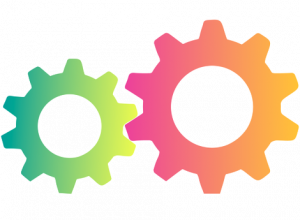
Legal engineers are lawyers who already have a profound technical understanding. Often self-taught, these lawyers have acquired valuable knowledge about the usability of digital technologies. This knowledge needs to be passed on, expanded and sharpened together. We offer a whole workshop track for lawyers to become legal engineers themselves. From the explanation of the job description and field of activity of a legal engineer, to its tools, programming and user experience design.
Removing Bottlenecks
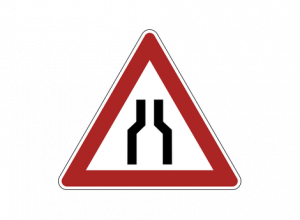
Legal departments are still too often perceived as a bottleneck in companies. At the same time, digitization promises to make legal processes in companies significantly more time-efficient and cost-effective. But what is to be done now in order not to miss this development? What are the new demands on lawyers and their training that companies should already have on their radar today? How can contracts be effectively digitalised? How important is the human factor in the digital transformation?
Legal Engineering 101
Blockchain Embassy, Manteuffelstr. 77, 10999 Berlin
How to become a Legal Engineer
Daniella Domokos, Legal Engineer
Matthias Prinz, Legal Engineer
Legal Tech: From idea to product
Tianyu Yuan (CEO von Codefy), Jakub Szypulka (COO von Codefy)
Legal tech from the user perspective
TBA
Managing Digital Transformation
Das Dach, Köpenicker Str. 145, 10997 Berlin
Alexander Steinbrecher Head of Group Corporate, M&A and Legal Affairs, BOMBARDIER
Holly Roper, Digital Legal Counsel, BOMBARDIER
Jolanda Rose, Law Clinic Humboldt Universität
Legal Tech in Africa
Cord Brügmann
Prof. Dr. Stephan Breidenbach, Organizer
Joana Breidenbach, betterplace.org and author of the book with the same name
Get Your Ticket Now
We don’t have student tickets this year. All students and trainees are cordially invited to attend the Summer School Legal Tech in September.
Legal Tech Hackathon
The Berlin Legal Tech Hackathon brings together software developers, the digital revolution’s driving forces, and legal practitioners for the fourth time. Under the umbrella of “hacking.law” we promote a long overdue dialogue between these two groups.
Any productive dialogue starts with a common language. Its development is the core goal of the event. For two days, the event aims at building bridges in the form of different formats and with the help of Legal Engineers, legal practitioners with technical expertise.
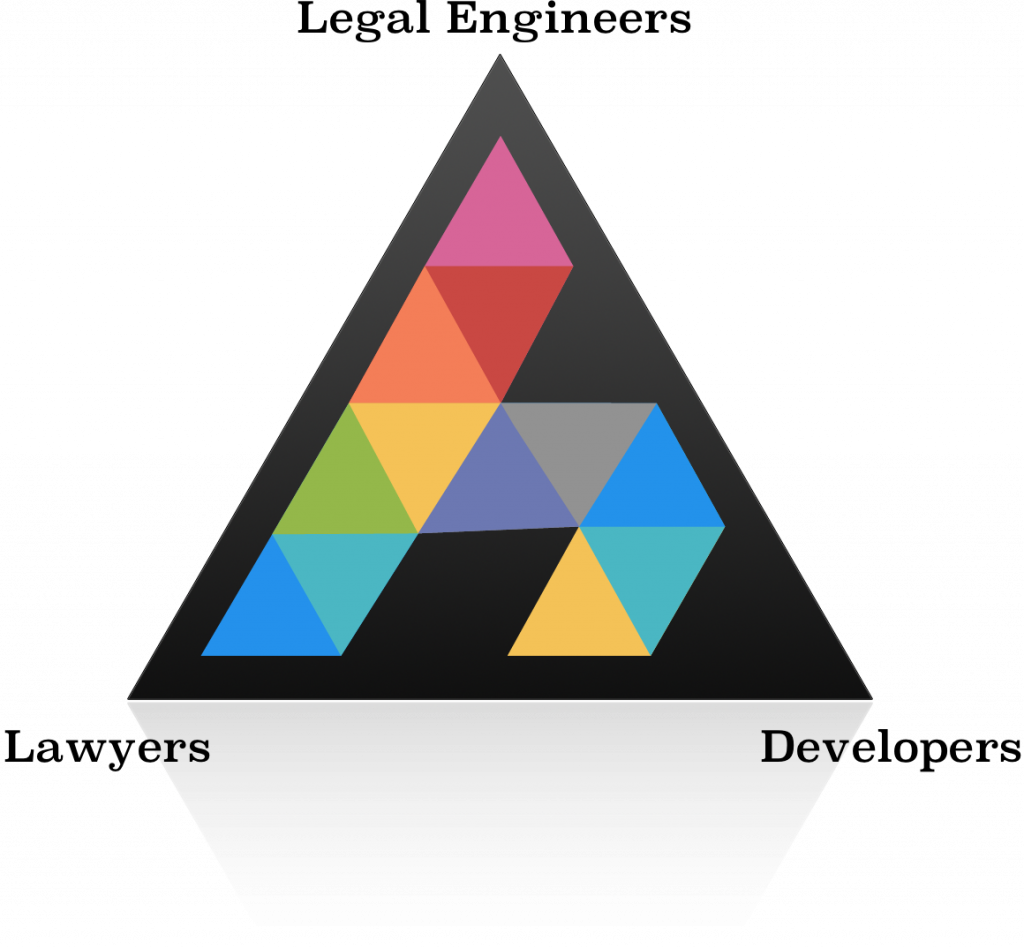
Legal practitioners, lawyers, students
Legal consulting is on the verge of fundamental change. With some delay, law is hit by digitization, bringing about deep change. Meanwhile legal education is not keen on change and innovation. There is much as it is because it has always been no different.
The Legal Tech Hackathon aims at changing this. We invite legal practitioners, lawyers and students to dive in the world of digital innovation for two days. Technical background knowledge is thereby not a requirement at all; in fact, legal practitioners can make a significant contribution by means of their legal expertise to create innovative Legal Tech products and services.
Legal Engineers
Legal Engineers are legal practitioners who already have a profound technical understanding. They have understood to – mainly autodidactically – gain valuable knowledge of how digital technologies can be used. Their knowledge is meant to be shared, commonly expanded and sharpened.
During the two-days Legal Tech Hackathon, they will translate and bridge the gap between curious legal practitioners on the one hand, and software developers and designers of digital products on the other hand. Thereby, they serve as a role model for the future legal practitioner.
Software developers and designers
Software developers and designers are the driving forces behind our society’s digital transformation. They are the architects of tomorrow’s society. The overall social responsibility is a heavy load to carry on their shoulders. In this respect, legal practitioners, having been responsible for society in a whole for centuries already, therefore are crucial stakeholders to provide valuable input and assistance.
A humane digital future can only be built together. We invite software developers, designers and digital entrepreneurs to open up for a dialogue.
Hackathon Building Blocks
Idea Hacking
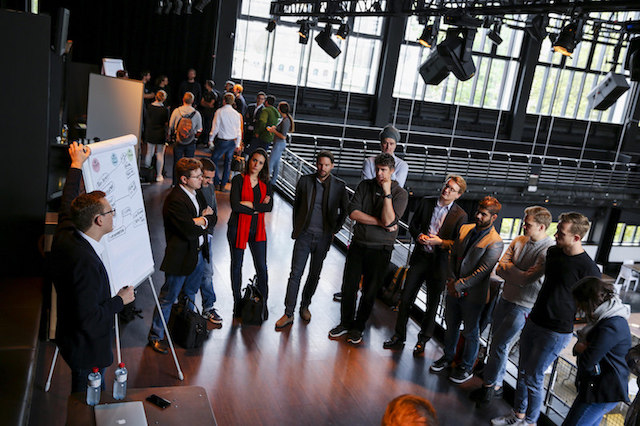
Stage 1: joint brainstorming
Everything starts with an idea: What is part of legal practitioners’ everyday professional life which can be simplified, accelerated or even eliminated? How can work processes be improved? And in general: how can legal advice and legal practice be rethought? Think creatively, think big, every idea counts! In this respect, legal practitioners can provide valuable input, ideas, for instance, in the field of contracts (templates, analysis, execution, etc.), document and IP management as well as CRM tools for legal practitioners.
Stage 2: organization of ideas
In this stage, ideas and technological possibilities are put together – how can ideas be matched with the innovation drivers blockchain, industrialization and artificial intelligence?
Stage 3: team building
The participants form teams in accordance with personal interests. There are no specifications in respect of the composition of the team. Every team will be supported by the present legal engineers.
Prototype Hacking
The teams implement their ideas by starting to hack. The goal may be, but not necessarily, to develop a functional prototype. As a competition entry, it is also possible to theoretically elaborate an exciting idea. Legal engineers help legal practitioners to be productive in the teams, to contribute to the implementation of the idea and to fulfill original legal tasks within the team.
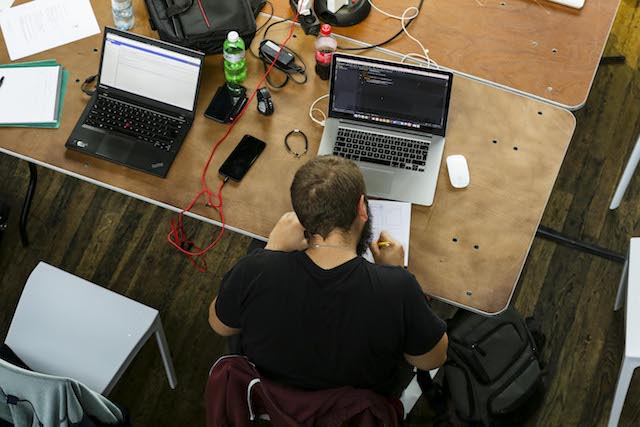
Competition of Ideas
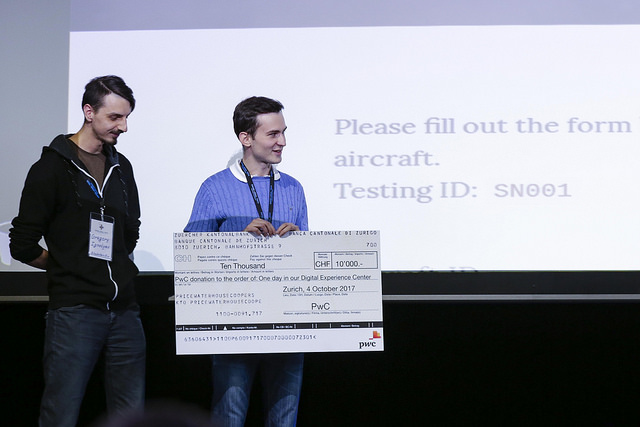
The teams have the chance to win attractive prizes. The expert jury chooses the three best competition entries i. a. by level of creativity, innovation, practicability, social impact, etc.
Following this, the winning teams will pitch their ideas at the Global Legal Hackathon, where teams from all over the world share video demonstrations to a second-round judging panel. Finalists are then invited to demonstrate their technological solutions to a live panel of judges. Location TBA – last year was in NYC.
Trailer Berlin Legal Tech 2019
Partners and Sponsors
RA-MICRO is the main sponsor of Berlin Legal Tech 2020. RA-MICRO Software AG develops office software for PCs and mobile devices as well as digital dictation with speech recognition.
Education Partners
Media Partners
Organizers
The Berlin Legal Tech 2020 is organized by the Legal Tech Center at Viadrina European University.

